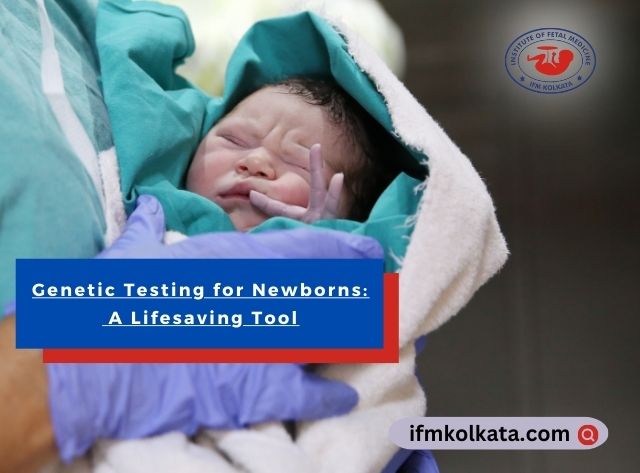Genetic testing for newborns has become an essential tool in modern medicine, offering early detection of genetic disorders that can be treated or managed more effectively when diagnosed at birth. These tests screen for a range of conditions, from metabolic disorders like phenylketonuria (PKU) to immune deficiencies such as severe combined immunodeficiency (SCID).
Newborn genetic testing typically involves a simple blood test, often referred to as a “heel prick,” where a few drops of blood are collected from the baby’s heel within the first 24 to 48 hours of life. This blood sample is then analysed for a variety of genetic markers associated with certain conditions. Early detection of these conditions allows for timely medical interventions, which can prevent severe complications or even death.
For example, in the case of PKU, early diagnosis enables doctors to prescribe a special diet that prevents the buildup of harmful substances in the body, allowing the child to develop normally. Similarly, early detection of SCID can lead to lifesaving treatments, such as a bone marrow transplant, before the baby’s immune system is compromised.
While newborn genetic testing has clear benefits, it also raises some ethical concerns. False positives can cause unnecessary stress for parents, while false negatives might give a false sense of security. Additionally, some conditions identified by genetic testing may not have a clear treatment, leaving parents with difficult decisions about how to proceed.
Genetic testing for newborns is a valuable tool that can lead to early diagnosis and treatment of potentially life-threatening conditions. However, it is important to recognize the limitations of the technology and address the ethical considerations that come with it.

